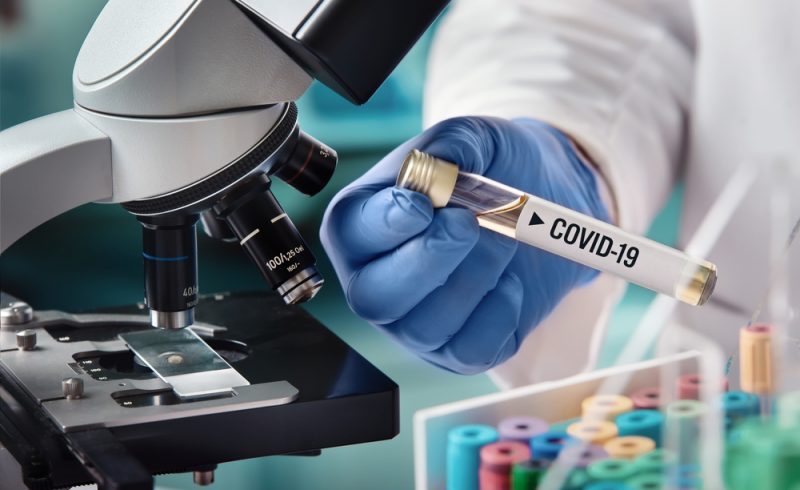
Clinical trials for a COVID-19 vaccine are under way in Oxford
The prototype vaccine named ChAdOx1 nCoV-19 has been administered to 1,112 healthy volunteers, part of a University of Oxford vaccinated group.
The clinical trial with the upcoming “Chadox” vaccine will produce definitive results about its effectiveness against the COVID-19 pandemic in 6 months time, when final assessment about its efficacy will be made.
What needs to be assessed is the ability of candidate vaccine to create an immune response strong enough to tackle the novel coronavirus.
So far Oxford University is feeling rather optimistic about its vaccine development and plans to produce millions of doses before the end of 2020.
For now the only option for giving severe coronavirus patients a chance of recovering is invasive or non invasive medical ventilators and–where such devices are not available–BiPAP and CPAP machines.
The first phase of the clinical trial was initiated on April 23. The vaccine is based on the common cold virus, called adenovirus.
The new vaccine construct uses the adenovirus to create a material similar to the genetic code of SARS-Cov-2 in order to make a spike protein.
The spike protein plays a vital role in connecting to particular human receptors of cell surfaces and in turn help the body react to it and make antibodies against the spike protein.
This immune response will stop the virus from entering the cells in the first place and cause the COVID-19 infection.
Safe, but has some side effects
Oxford University has been using adenovirus vaccines on 320 volunteers who took it really well. The vaccine is deemed safe although it has some side effect like headache, fever and soreness in the arm.
So far the ChAdOx1 nCov-19 experimental vaccine has been tested on six macaque monkeys, managing to successfully protect them from the virus for almost a month, boosting the confidence of the Oxford researchers about its efficacy.
Until now around 1,110 volunteers from London, Southhampton, Bristol and Oxford have been administered the candidate vaccine. Aged between 18 and 55, both male and female volunteers have taken part in the trial.
Administering the vaccines to volunteers
The participants in the human trial have been randomly selected to be injected with either the candidate vaccine or a ‘control’ vaccine such as the MenACWY vaccine, which protects against meningococcal bacteria.
None of the participants in the trial will know which vaccine they have been injected with. Then the research group will gradually assess the participants’ immune system response and evaluate the results.
When will we have definitive results?
The timeline for the trial depends on the results of phase 1 testing. After phase 1 there will be phase 2 and phase 3 trials, which may combine into one and shorten the overall trail timeline and produce definitive results sooner than expected.
If the results are encouraging enough, mass production of the vaccine will take place by the end of June and be available to the general public as soon as the end of 2020, with more than 60 million doses expected to be manufactured initially.